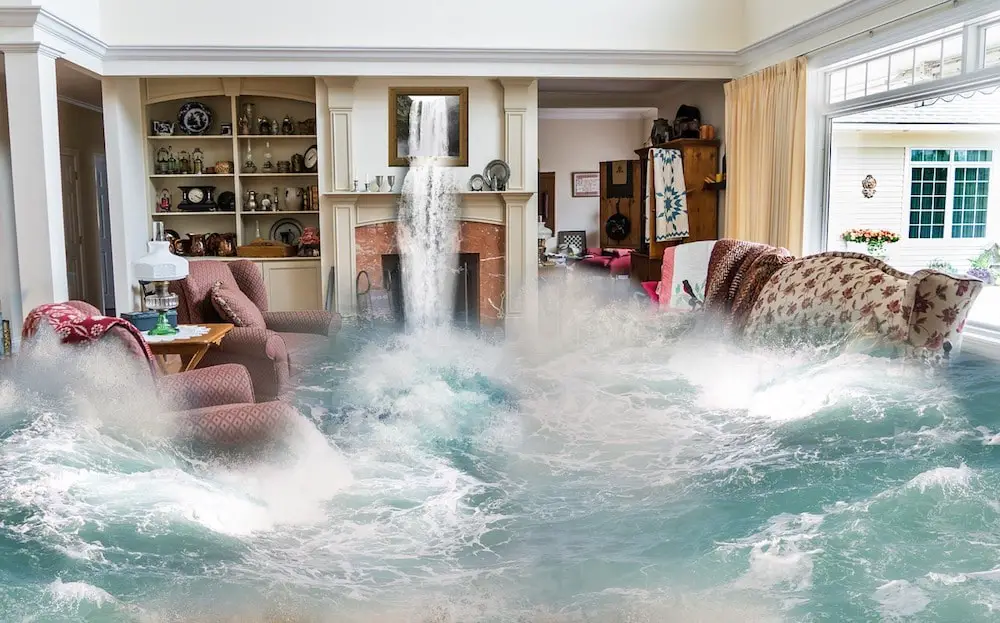
Water damage is generally covered by your standard homeowners insurance policy. Burst pipes, water seepage from roof damage, or when your roof is totally blown out in the event of a hurricane, you can have a bit of relief knowing that your insurer will be there to the rescue. But while water damage can be explicitly included in your covered perils, damage due to floods will be an entirely different scenario. You will need separate flood insurance from the government’s National Flood Insurance Program (NFIP) or from private insurance companies.
If you live in a flood-prone area, flood insurance will be an important coverage you would never want to put to the side. Whether you opt for NFIP or private flood insurance, your insurance deductible will determine how much premium your insurer will require, and how much coverage you can afford.

The rationale between deductible amount and insurance premium
Flood insurance deductible corresponds to the amount that you as the policyholder would need to spend in replacing or rebuilding the damage caused by floods. The deductible amount you set undermines your capability to do your share as your insurer fulfills its commitment based on your policy. Before you decide whether to go for the minimum deductible or not, it’s best to assess how much premium you can comfortably pay, and how much damage your house or its contents can likely incur in the event of a flood.
The higher the deductible, the lower will be your premium. If your flood insurance deductible is $2,000, it would mean that any damage that costs the same amount or less would be under your budget. It wouldn’t make sense filing for a claim that has the same amount or even lower than your deductible. This somehow frees your insurer from what would otherwise be considered as minor events. Consequently, if your deductible amount is lower, the possibility that your insurer will spend bigger amounts is higher. In effect, your premium would have to be higher as well.
Depending on your location, the items you own, and the likely severity of any flood damage, you can somehow approximate the deductible amount you can set and the coverage limit you need. If you live in a flood-prone location, the information on your hand will be your best armament.
What to consider when buying flood insurance?
As in the case of any insurance, the cost-benefit ratio will be a paramount consideration. When you live in a location that is historically prone to flooding, when your home is prone to water damage from floods, or when its contents are too valuable to replace, you don’t have the luxury of choice. By all means, buy flood insurance. Find out about every bit of information, and of course, buy the one that your finances can afford.
If you are in for more affordable flood insurance, then buying NFIP would be your best choice. Similarly, your rate would depend on the cost of rebuilding your home, its age, and your location. NFIP is government-owned, thus, it’s very reliable. The only drawback is its coverage limit of $250,000. When your home and its contents cost more, buying flood insurance from a private insurer can be the more practical choice. With higher payout limits and a shorter waiting period that can be as short as 14 days (compared to 30 days in NFIP), private flood insurance definitely provides better coverage.
NFIP is available through private companies, and not directly from the government. In the same manner, finding the company that is dependable and easy to communicate with, can make a big difference. On the other hand, although private insurance can be better in more terms, its conditions that can lead to non-renewal or cancellation of your policy will make you think twice.

